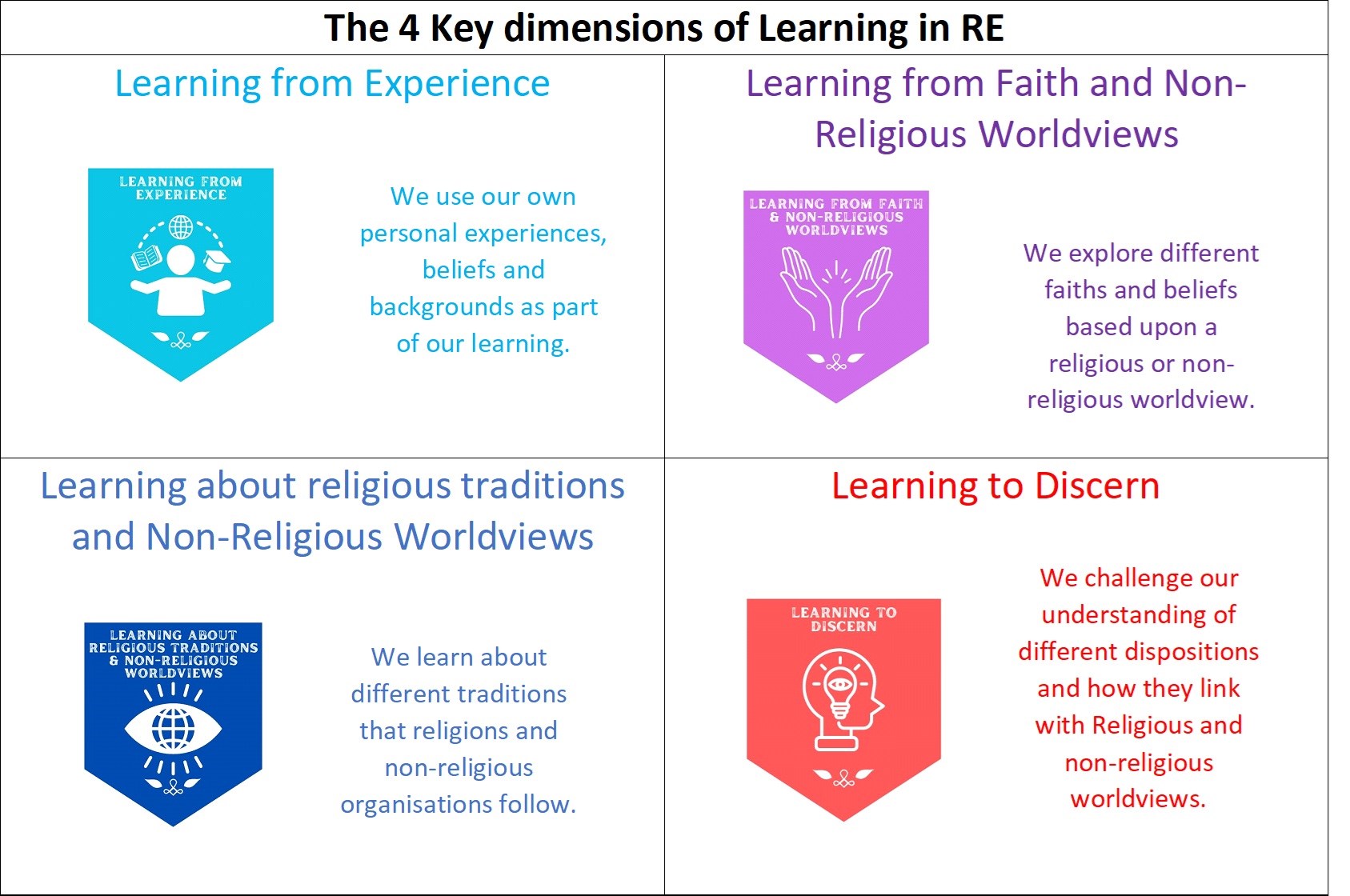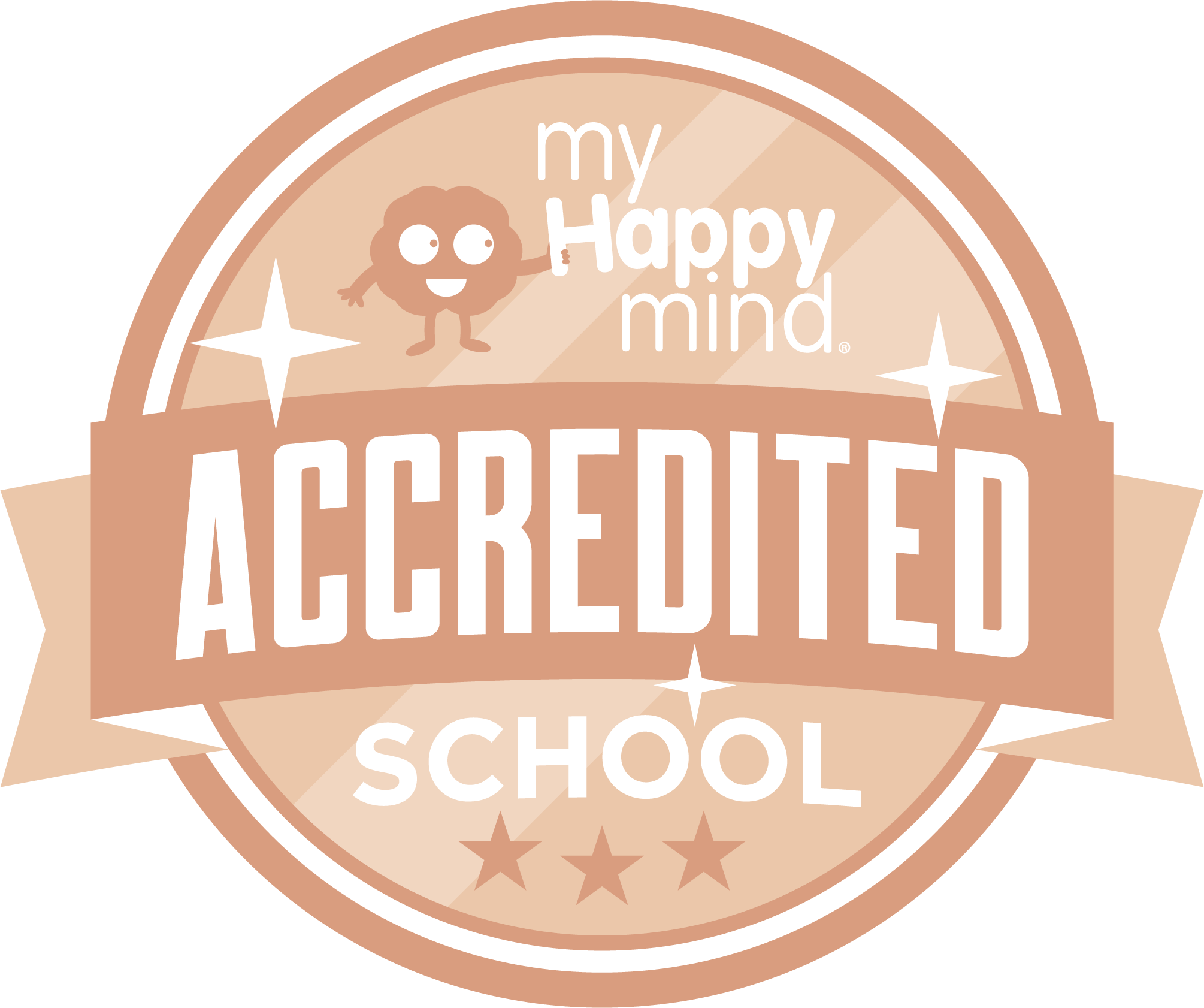Religious Education
At Bournville Village Primary School, we believe that it is vital for all our pupils to learn about different religions, so that they can understand the world around them as well as the community that we live in. We embrace the fact that we live in a multi-cultural community, and our celebration and respect of the many religions followed by our pupils and families is intertwined in everyday life here at Bournville. Our Curriculum is designed to give all pupils, particularly the most disadvantaged and pupils with SEND, the knowledge and cultural capital they need to succeed in life. It is coherently planned and sequenced towards cumulatively sufficient knowledge and skills for future learning and employment.
Through Religious Education, pupils develop their knowledge of the world faiths, and their understanding and awareness of the beliefs, values and traditions of other individuals, societies, communities and cultures. Pupils also can develop their own philosophical voice during their time at Bournville, as well as key skills such as thinking, researching, evaluating, reflecting and empathising. We encourage our pupils to ask questions about the world and to reflect on their own beliefs, values and experiences. Parents, members of staff and pupils are invited to share their values and celebrate with their peers. Our Religious Education curriculum is enhanced further with trips to places of worship in our local area and visits from religious leaders in the local community, and the Dispositions form discussion points in daily Reflection Times and weekly Phase assembly themes. Wherever possible, links are made between Religious Education and other curriculum subjects.
At Bournville Village Primary School, we follow the SACRE Birmingham agreed syllabus for Religious Education, which is available at https://www.birmingham.gov.uk/sacre/.
It follows 24 moral and cultural dispositions which cultivate and inspire children’s understanding of different faiths and worldviews. The dispositions are split into four interconnected dimensions of learning show below.

Educational Visits
To enhance our Religious Education curriculum, we will be arranging visits to local places of worship for Years 1-6. This will enable the children to broaden their understanding of the 6 major world religions; Christianity, Islam, Judaism, Buddhism, Sikhism and Hinduism. By visiting these places, children will gain hands on experience and understanding of what each building looks like, the customs/traditions and will take part in activities to learn more about the religion. We are also using the visits as opportunities to support children's personal development and to promote the British Value of ‘Mutual Respect and Tolerance’ of those with different faiths and beliefs. For children who are currently in Reception and Year 1, the idea is that they will visit a different place each year and will have visited 6 different places of worship by the time they leave Year 6.
|
Who |
Which religion and where |
When |
|
Year 1 |
Christianity - Church |
Spring Term |
|
Year 2 |
Islam - Mosque |
Summer Term |
|
Year 3 |
Judaism - Synagogue |
Spring Term |
|
Year 4 |
Buddhism - Vihara |
Spring Term |
|
Year 5 |
Sikhism - Gurdwara |
Spring Term |
|
Year 6 |
Hinduism – Mandir |
Autumn Term |
More details of these visits to follow soon. If you would like to discuss these opportunities further, please contact our R.E. Lead, Miss Gillett, at [email protected]
*Note to Parents & Carers - you have the right to withdraw your child from all or part of the RE curriculum. If you choose to do so, please contact the school office.




